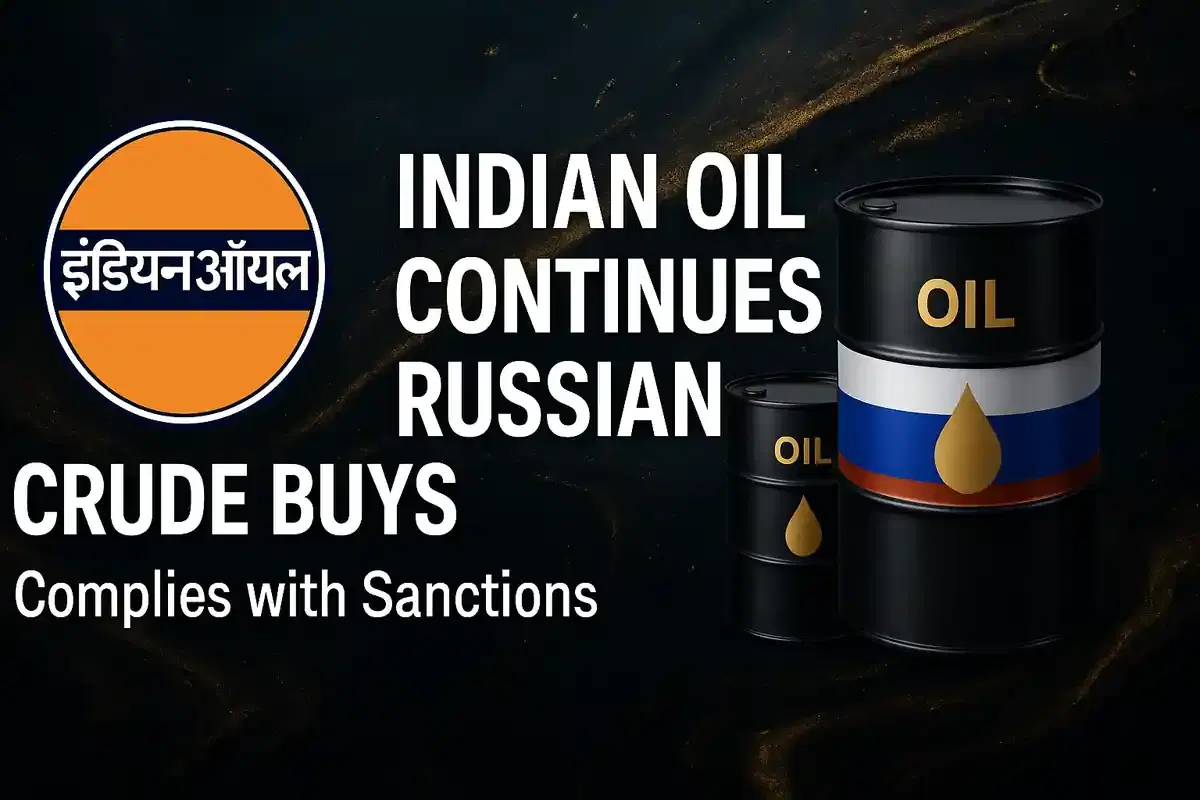Indian Oil Corp to Continue Russian Crude Purchases Amid Sanctions Compliance
Energy
|
28th October 2025, 10:47 AM

▶
Stocks Mentioned :
Short Description :
Detailed Coverage :
Anuj Jain, Director of Finance at Indian Oil Corporation, stated in a post-earnings analyst call that the company has no plans to completely stop buying Russian crude oil. He emphasized that the company's purchasing decisions are guided by compliance with international sanctions. Jain pointed out a crucial distinction: Russian crude oil itself is not under sanction, unlike certain Russian entities and shipping lines. Therefore, as long as a transaction involves a non-sanctioned entity, adheres to the price cap imposed by G7 nations, and the shipping arrangements are compliant, Indian Oil Corporation will continue its procurement. This stance highlights India's strategy to ensure energy security while navigating complex geopolitical restrictions.
Impact: This news could have a moderate impact on Indian Oil Corporation's profitability due to potentially favorable pricing of Russian crude. It also signifies a continued reliance on diversified energy sources for India, potentially influencing its trade balances and geopolitical relationships. For investors, it suggests stability in IOC's supply chain, albeit with ongoing compliance risks. Impact Rating: 6/10
Difficult Terms: Crude Oil: Unrefined petroleum that is extracted from the ground and processed into various petroleum products like gasoline, diesel, and jet fuel. Sanctions: Penalties or restrictions imposed by one or more countries on another country, typically for political reasons. These can include trade embargoes, asset freezes, or travel bans. Entities: In this context, referring to organizations, companies, or government bodies. Shipping Lines: Companies that operate ships for the transport of goods. Price Cap: A maximum price set by governments or international bodies on a commodity, in this case, Russian oil, to limit revenue for the exporting country while allowing some trade to continue.